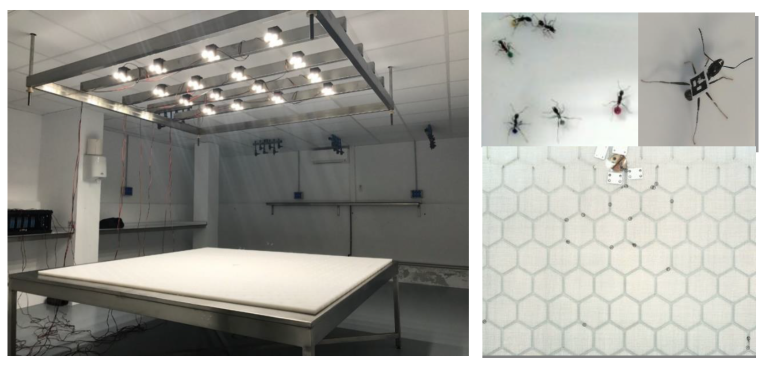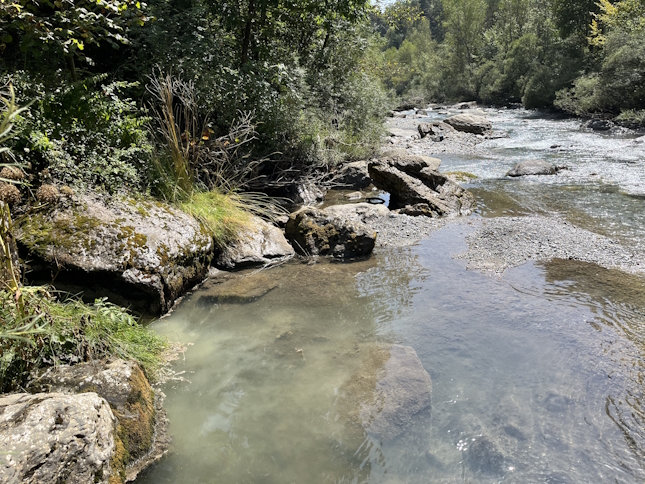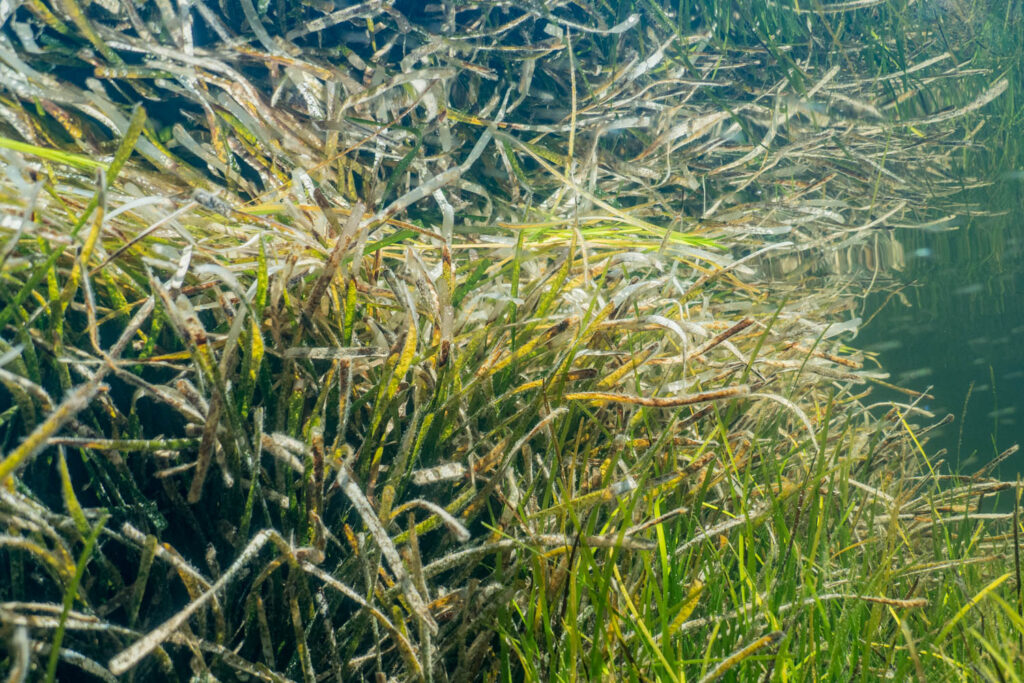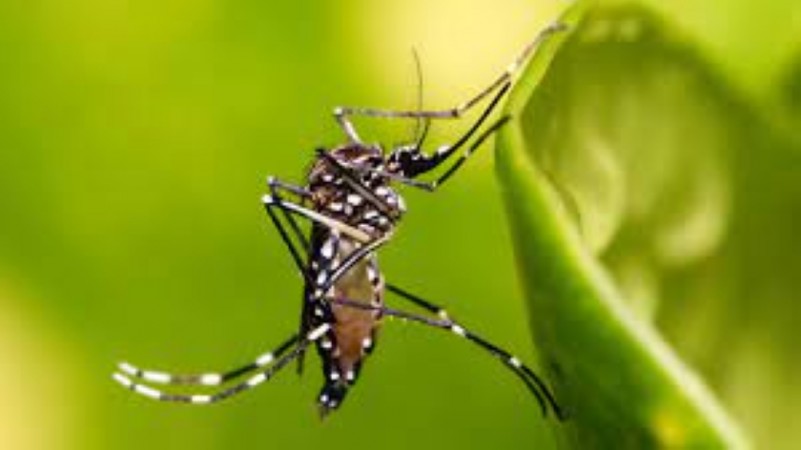The present proposal aims to study the processes linked to living in groups (that we call sociality) in an ecological framework, coupling data (from both the lab and the field) to theory. Our strategy to tackle this overall goal is through a synthetic and interdisciplinary approach between biology and physics, which combines theory and data to enhance reliability and conceptual advances while testing ecological hypotheses. The frames of movement ecology and searching behaviour connect the two sub-projects, and we incorporate the interactions between individuals and the resulting social processes to explore their consequences for population dynamics in social animals. We will develop theory to make explicit testable predictions for specific social systems for which we have a deep previous ecological knowledge. Importantly, we will also be sharing experimental infrastructures and computational facilities between the two institutions.
This challenging line of work requires a coordinated project with two complementary, interdisciplinary approaches merging concepts, infrastructures, tools and theories that have been addressed by the disciplines of ecology and physics. The history of collaboration between the two research groups and their promising outputs corroborate the fruitful potential of this type of approaches that have the vocation of trespassing closed and rigid scientific disciplines. We anticipate that having a coordinated project with those two disciplines would provide an innovative perspective of sociality and will allow for a major breakthrough at the frontier of scientific research.
PIs: Frederic Bartumeus and Daniel Oro
PhD Student: Pol Fernandez
Partners: Daniel Campos and Vicenç Mendez (UAB, Dept. of Physics)










